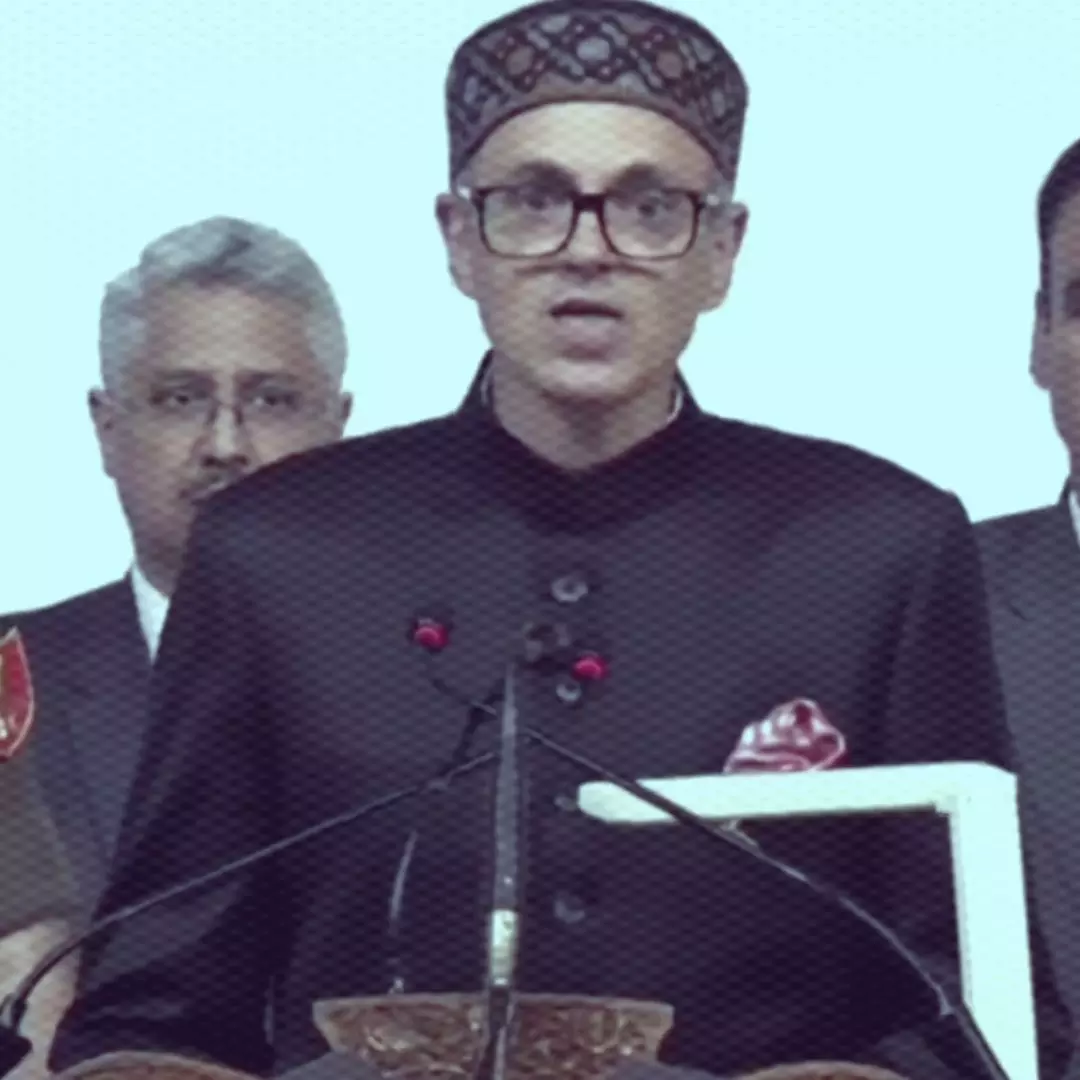Omar Abdullah was sworn in as the Chief Minister of Jammu and Kashmir, marking a significant political shift in the region. The Congress party chose to abstain from joining the government, a decision that has drawn mixed reactions. Abdullah’s coalition aims to address pressing issues like development and governance, while the Congress’s absence raises questions about its future role in Jammu and Kashmir politics.
Political Landscape Shifts
Omar Abdullah took the oath of office on October 15, 2024, leading a coalition government in Jammu and Kashmir. The event was attended by notable political figures, but the Congress party’s decision to sit out has sparked controversy. Abdullah emphasized the need for unity and cooperation among all parties to tackle the region’s challenges. “We are committed to bringing development and peace to Jammu and Kashmir,” he stated during his inaugural address.
Context of Change
This political development follows years of turmoil in Jammu and Kashmir, particularly after the abrogation of Article 370 in 2019. The Congress party’s choice to remain outside the government is seen as a strategic move, reflecting internal divisions and a reevaluation of its stance in the region. Political analysts suggest that this could lead to a realignment of forces as Abdullah seeks to strengthen his administration amidst ongoing socio-economic challenges.
Omar Abdullah takes oath as the Chief Minister of #JammuAndKashmir at Sher-i-Kashmir International Conference Centre (SKICC) in Srinagar. pic.twitter.com/hvix33wOCu
— DD News (@DDNewslive) October 16, 2024
Questions and Answers
1. What does Omar Abdullah’s swearing-in signify for Jammu and Kashmir?
It marks a pivotal moment as it is the first government formed since J&K became a Union Territory after losing its special status. Abdullah aims to restore statehood and address local grievances that have accumulated over recent years.
2. Why did Congress choose not to participate in Abdullah’s government?
Despite being an ally in previous governments, Congress faced significant electoral losses, securing only six seats. They declined a ministerial position, preferring to support Abdullah’s administration from outside instead.
3. Who attended the oath-taking ceremony?
The ceremony was attended by key leaders from the INDIA alliance, including Rahul Gandhi, Priyanka Gandhi, Akhilesh Yadav, and others, showcasing solidarity among opposition parties at this crucial juncture12.
4. What challenges does Abdullah face as Chief Minister?
He faces the challenge of addressing public expectations after years of governance under President’s rule and navigating the complexities of leading a Union Territory with limited powers compared to a full state.
5. What are Abdullah’s immediate goals as Chief Minister?
His immediate goals include restoring statehood to Jammu and Kashmir and ensuring that citizens feel heard and represented after years of neglect under previous administrations.











